


It can be overwhelming to manage accounts for multiple rental properties. In the case of a landlord with a single rental property, taxes can be prepared easily at year-end; however, when the landlord's rental property portfolio grows, tax issues can become increasingly complex.
A correctly calculated and efficient rental property account results in reduced taxes, more rental income, lower expenditures, and better overall ROI. Choosing the right rental property accounting software can help you not only keep accurate records, but ensure you don't miss deductible expenses, as well as give you an overall overview of your finances.
Following are the 3 tips to organize and simplify rental property accounting that can maximize profits for a landlord in long run:
Keep separate bank accounts for each property: Even though it may seem easier to encumber all rental expenses into one bank account, this will undoubtedly create problems down the road. The first step is to keep the rental account separate from your personal account and independent of any other rental properties.
By establishing a bank account for every rental property, you will save yourself a lot of time in the long run. In addition, you will not have to sift through thousands of transactions to determine what each was for, which property it may be related to, or if it is actually a deductible expense rather than a personal expense. It won't be necessary for you to chase down receipts at year-end to remember what a certain expense was related to, as long as all transactions flow through the respective property's bank account.
Automate your payments: Instead of manually dealing with multiple payments, insurance premiums and more month after month, automate these payments to be paid straight from your bank. This will make managing expenses much easier as long as they come from the correct, property-specific account. This can also be used to track income for each rental property under a landlord by employing a software for online rent collection.
Real-time rental expense tracking: Many landlords make the mistake of forgetting to record an expense or putting off their accounting until the end of the month or year. This mistake can prove very expensive for landlords each year, in addition to creating an unnecessary, time-consuming, and stressful task. As expenses happen, landlords should record them rather than waiting for them to accumulate.
All of the above listed tips can be fulfilled with a single cloud-based software like Realcube. RealCube helps maintain all of your financial operations in one place with its finance management software. Save time with automated payment processes from tenants, track your expenses as and when they happen, plan your budget, classify and distinguish financial data and increase productivity and profits with RealCube Finance's powerful yet user-friendly finance module.
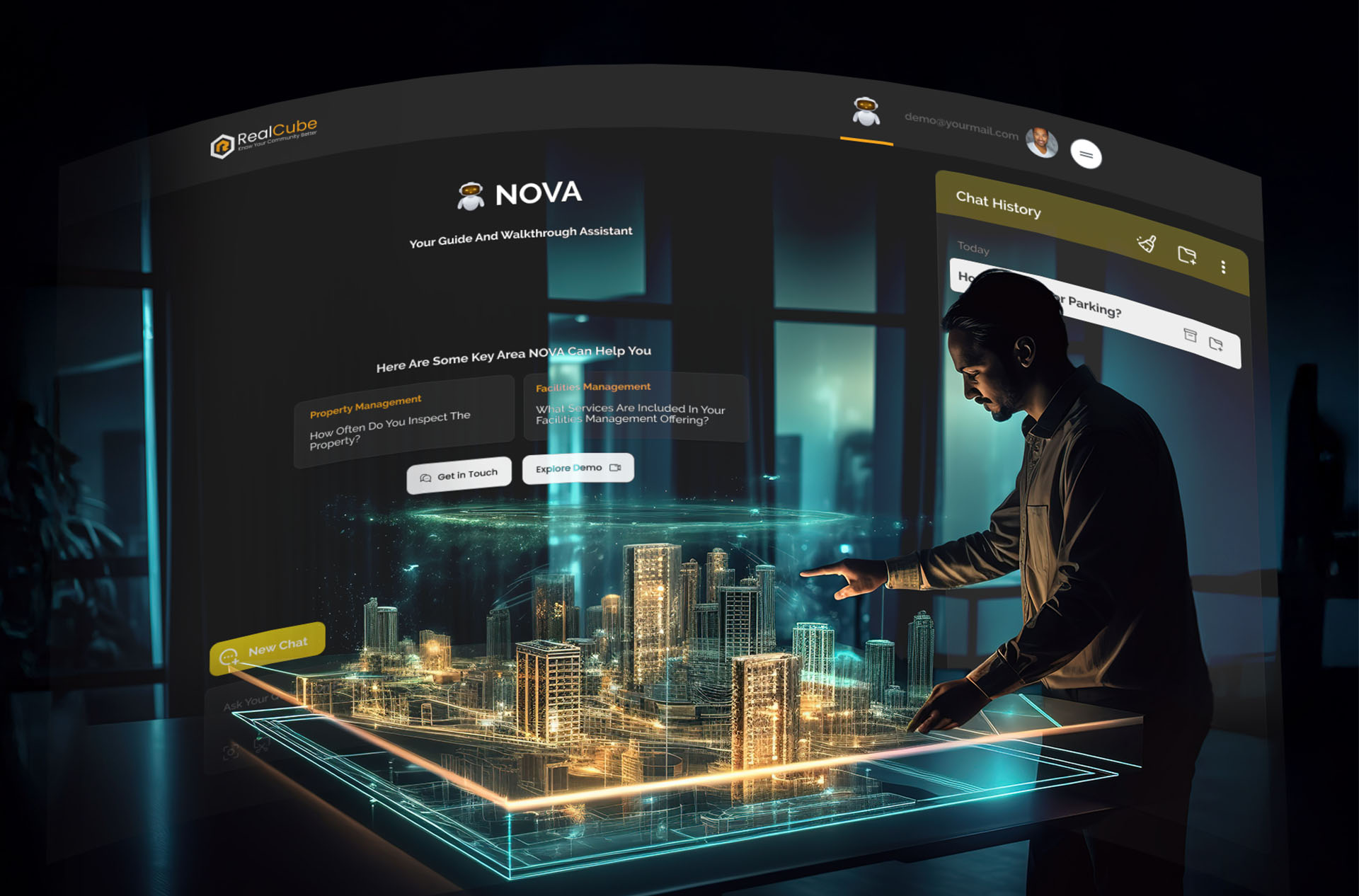
The Digital Shift in Real Estate Strategy The real estate industry is undergoing a profound shift. Traditional…
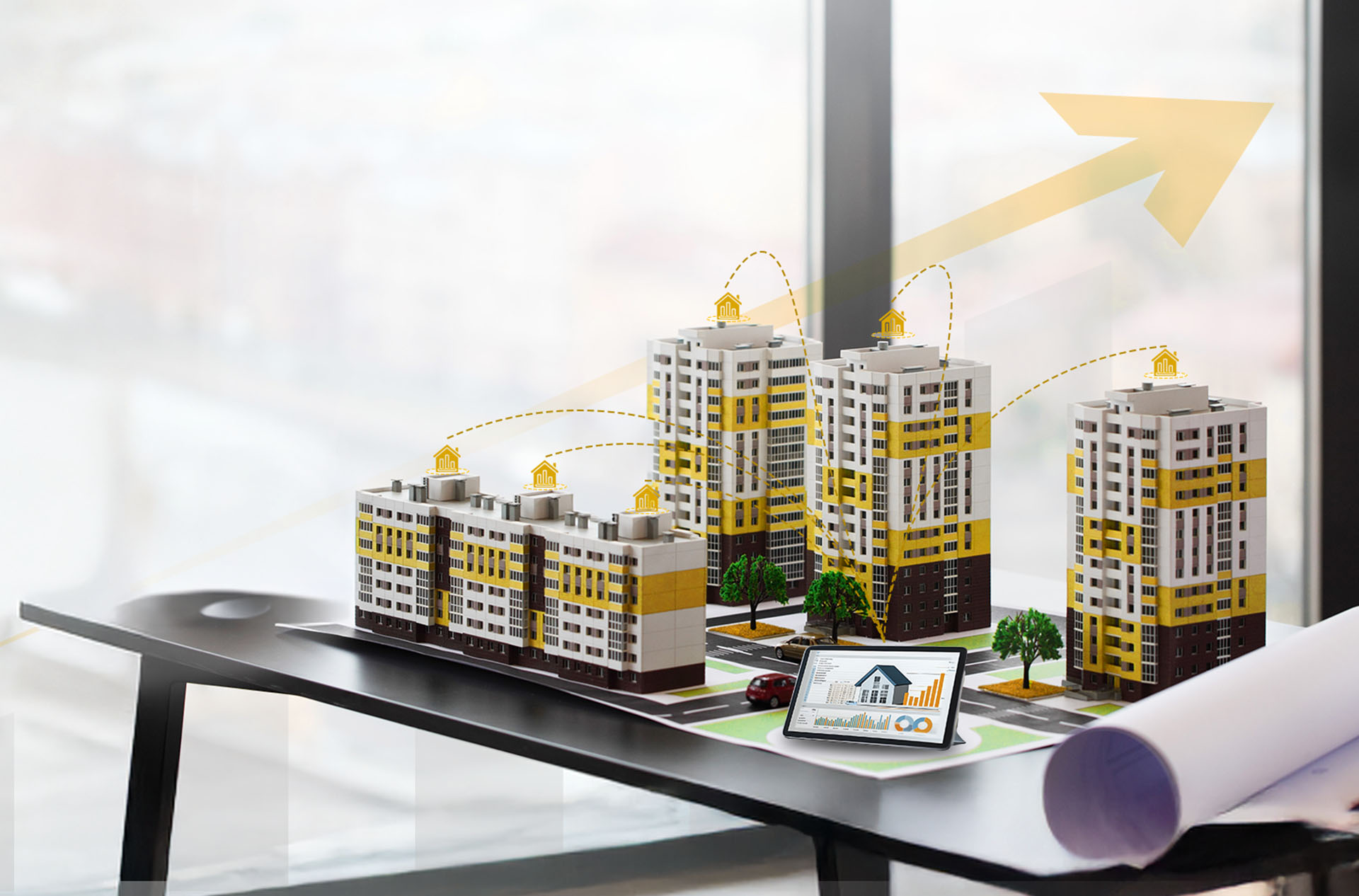
As property management companies expand into new regions, scaling operations while maintaining efficiency…

Top 2025 Property Tech Trends to Watch 1. Artificial Intelligence (AI) and Machine…

The world of real estate is undergoing a massive transformation, driven by the rise of artificial intelligence…

As cities around the world grow and change to meet new challenges, the "smart city" trend has changed…
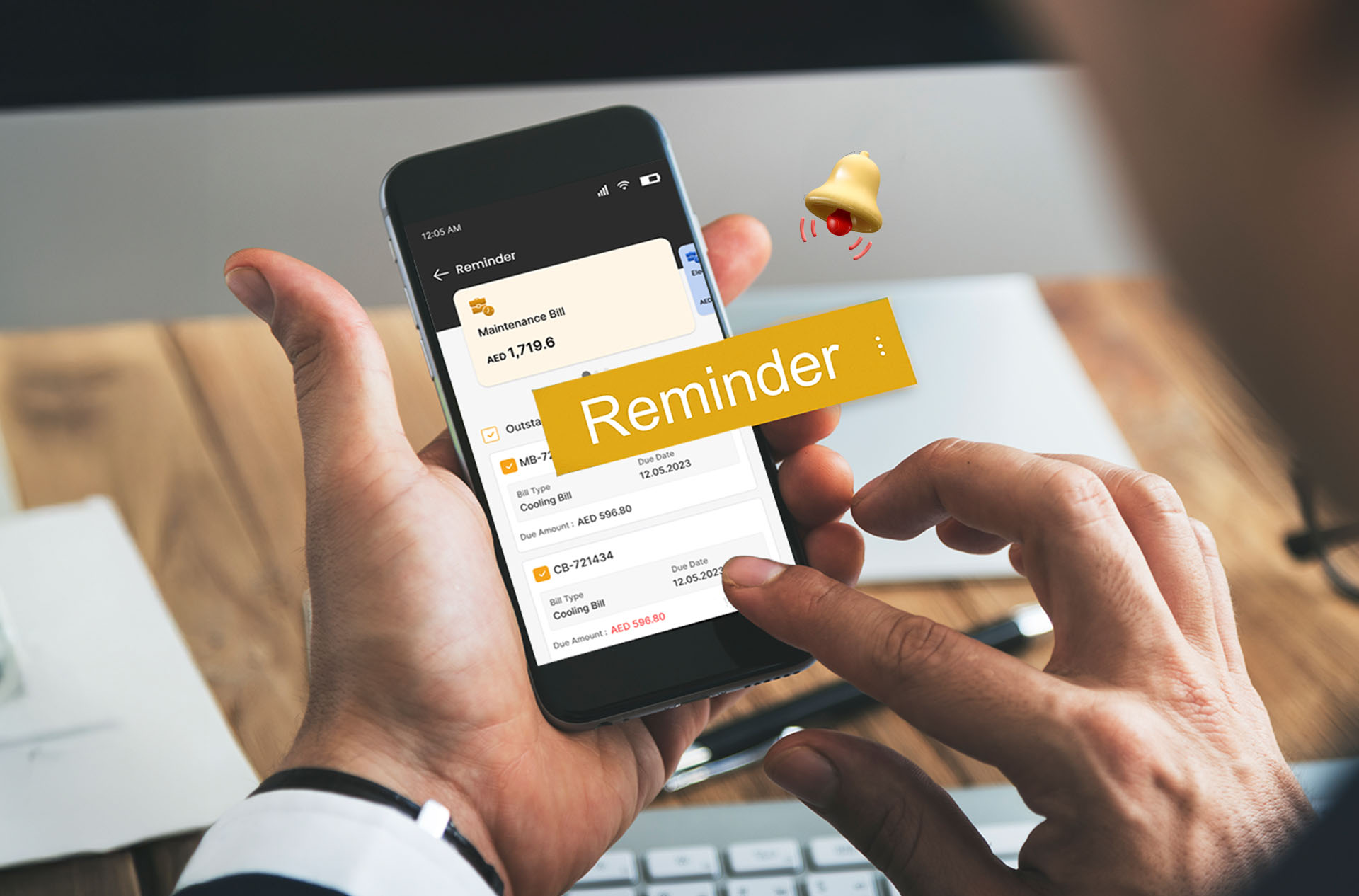
In the property management and real estate development space, one overlooked permit, expired document,…
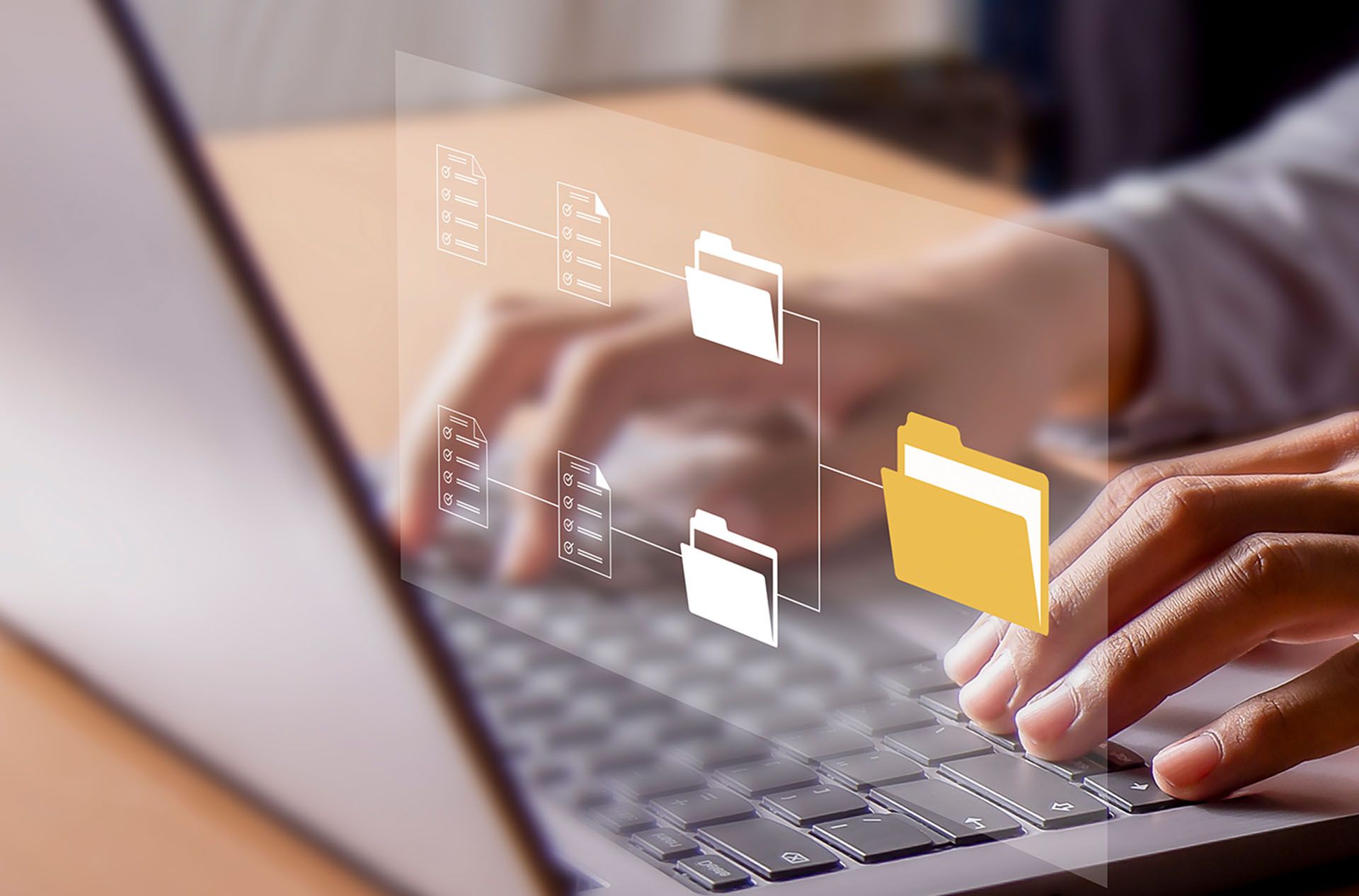
In today’s fast-paced, document-heavy world, effective document management is crucial for any organization,…

Data is one of the most important resources for any business in the modern digital era, particularly…
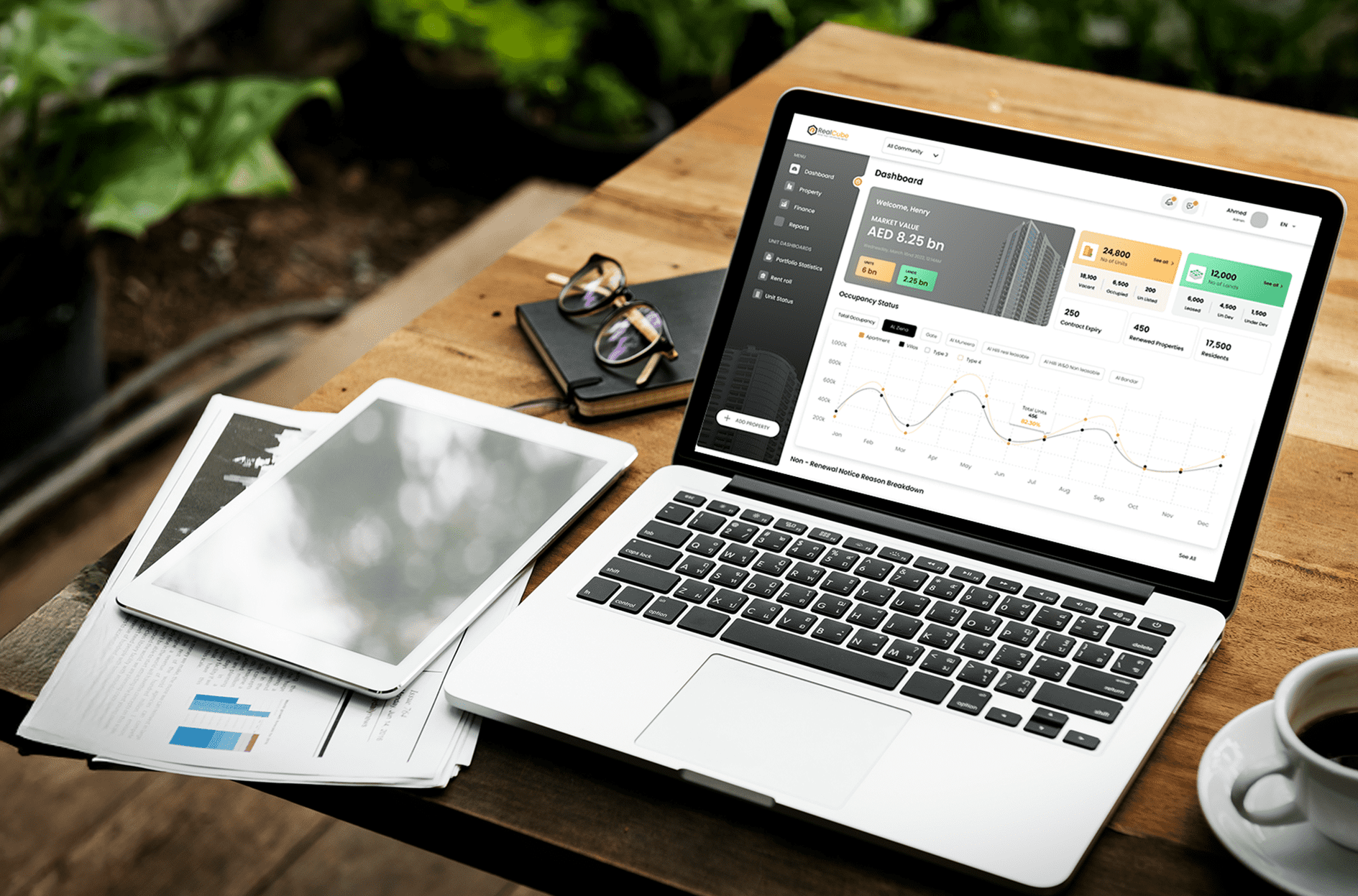
Property management solutions are now crucial for guaranteeing seamless operations in the real estate…

In the dynamic, fast-paced world of community management, keeping in touch with locals is essential.…